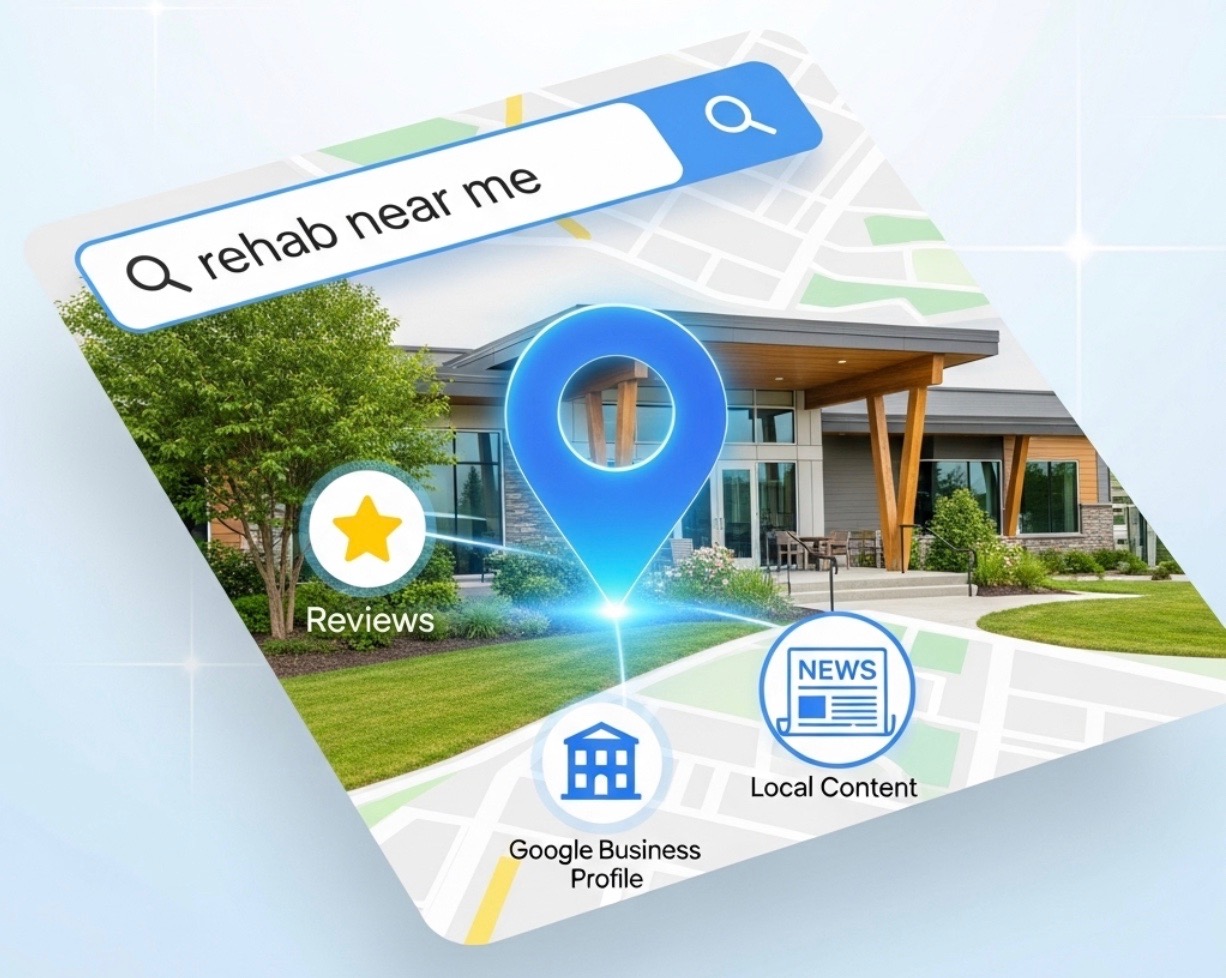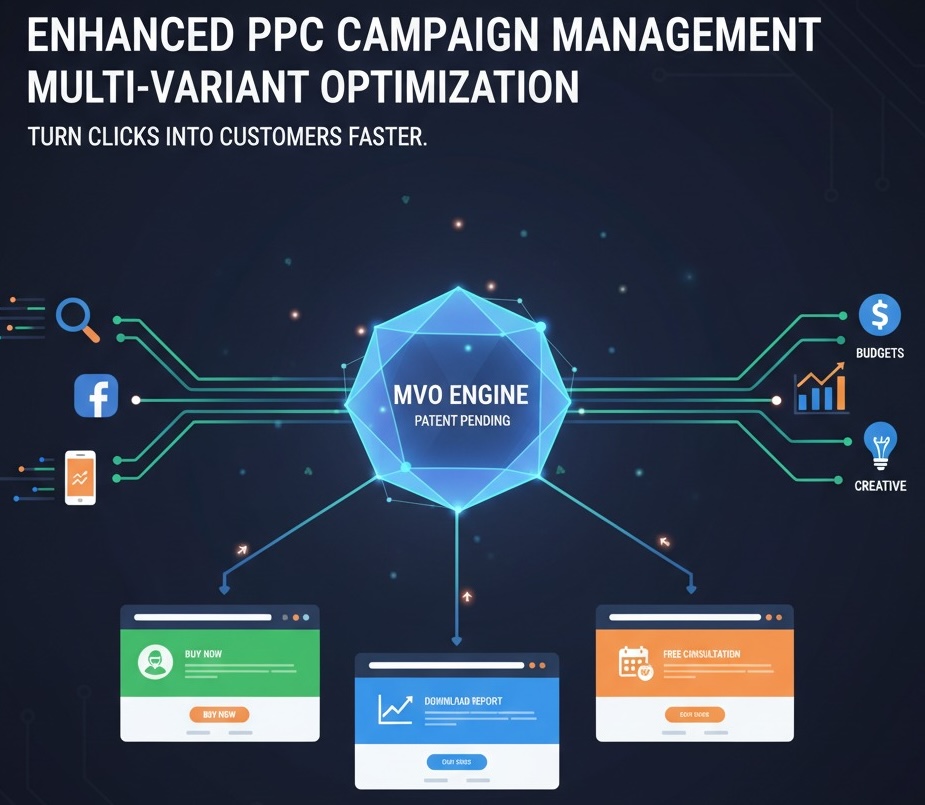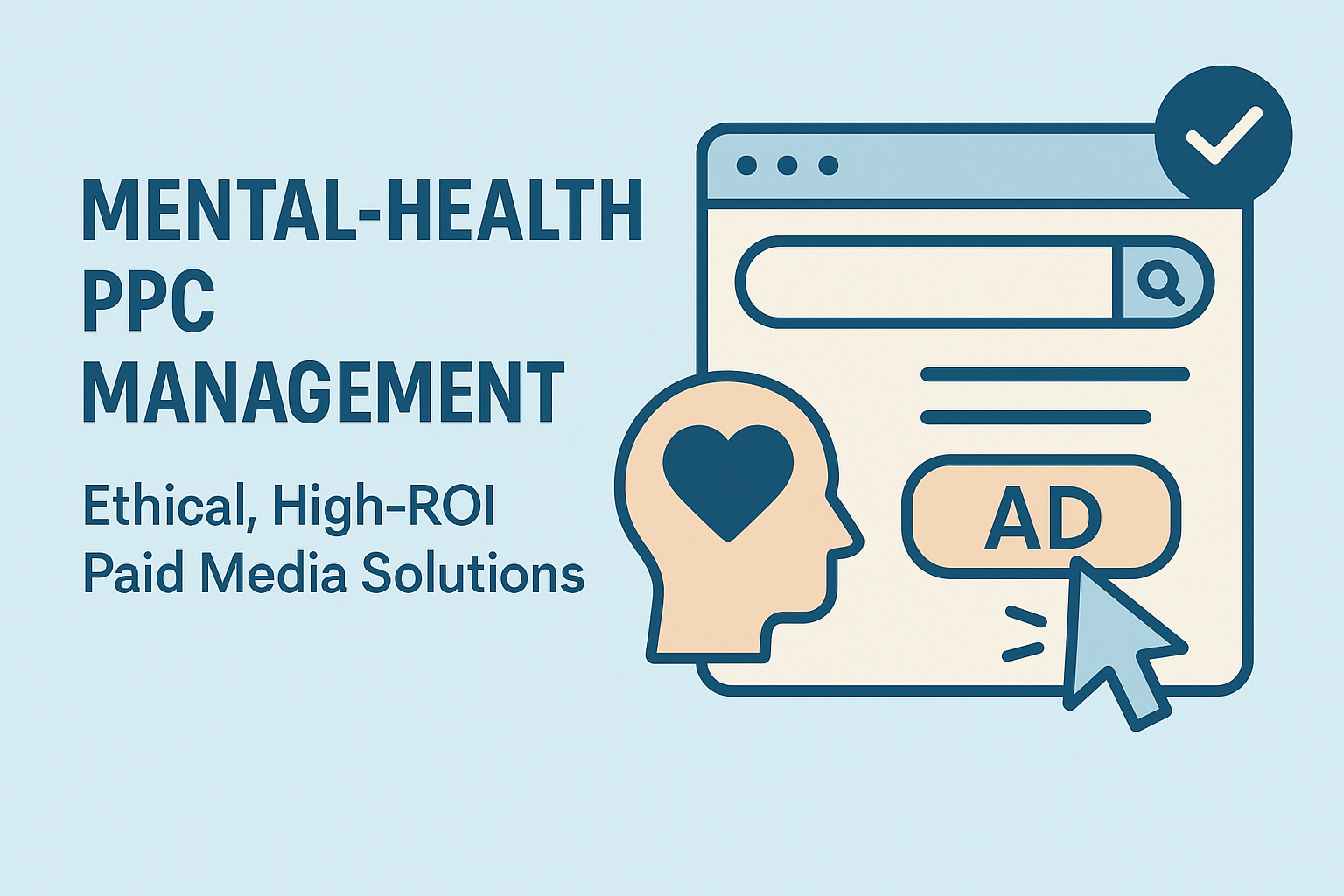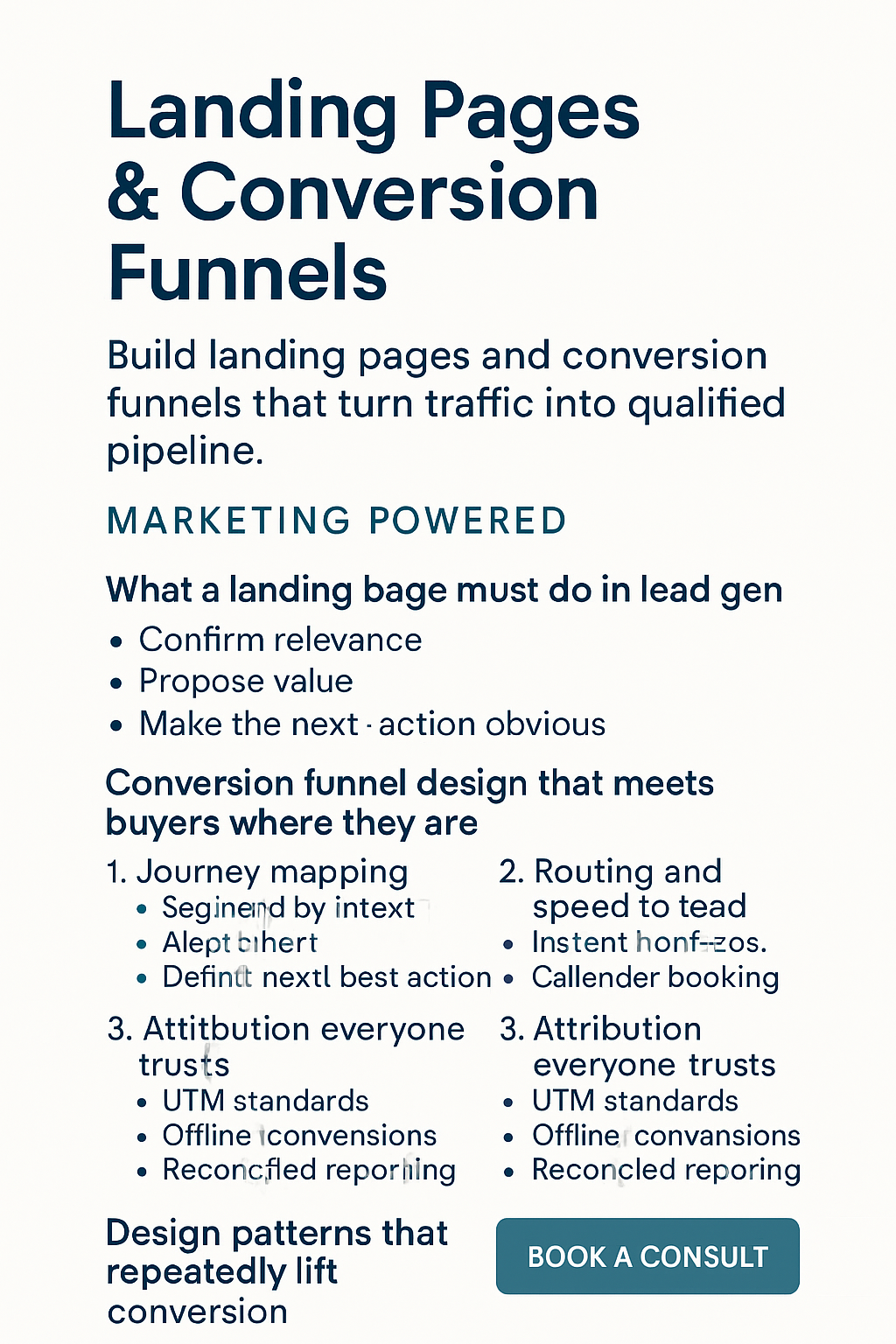Why Local SEO Matters in Behavioral Health
For behavioral health and addiction treatment centers, visibility is more than just a marketing goal — it’s a lifeline. Families and individuals seeking help often turn to Google search and Maps first, looking for local facilities they can trust. In fact, nearly 46% of all Google searches have local intent【source: https://ahrefs.com/blog/local-seo/】. For drug rehabs and behavioral health clinics, ranking locally can be the difference between a full census and empty beds.
Local SEO is especially critical in this sector because:
- Patients and families often search “rehab near me” or “[city] drug treatment.”
- Trust and reputation are tied to online reviews and local presence.
- Competition is intense, with both national brands and smaller centers targeting the same geographic markets.
Core Local SEO Strategies for Treatment Centers
1. Optimize Google Business Profile (GBP)
Your Google Business Profile (formerly Google My Business) is the cornerstone of local SEO. Behavioral health centers must ensure their profile is fully optimized:
- Accurate NAP (Name, Address, Phone) across all listings.
- Complete services list (detox, residential, outpatient, etc.).
- High-quality photos of your facilities.
- Regular updates with posts and events.
Research shows that businesses with complete GBP listings are 2.7 times more likely to be considered reputable【source: https://support.google.com/business/answer/7091】. For rehabs, this added credibility is essential when families are making urgent decisions.
2. Build Local Citations and Consistency
Behavioral health providers must ensure their business information is consistent across online directories such as Healthgrades, Psychology Today, Yelp, and local chamber sites. Citation consistency signals trust to Google and reduces confusion for potential patients.
3. Leverage Reviews for Reputation & Rankings
Reviews are not only a ranking factor but also a conversion driver. Studies show 87% of consumers read online reviews for local businesses【source: https://www.brightlocal.com/research/local-consumer-review-survey/】. Encourage patients and families (ethically, and within HIPAA guidelines) to leave positive reviews. Respond to all reviews — positive and negative — to demonstrate transparency and care.
4. Content That Targets Local Intent
Publishing location-specific content (e.g., “Best Rehab Options in Palm Beach Gardens” or “What to Expect from Detox in Indianapolis”) builds local authority. Blog posts, FAQs, and resource pages tailored to your community can rank well and answer urgent queries.
5. Schema Markup & Technical SEO
Adding LocalBusiness schema helps Google better understand your rehab facility and increases eligibility for rich results. Combined with fast-loading, mobile-friendly websites, this ensures patients can find and trust your services quickly.
Advanced Local SEO Tactics for Behavioral Health
- Geo-Targeted Paid Search + SEO: Use Google Ads in tandem with SEO to dominate search results for key local queries.
- Voice Search Optimization: More people are searching “rehabs near me” using Siri or Alexa. Structure content for conversational queries.
- Local Backlinks: Partner with community organizations, healthcare providers, and universities to gain backlinks that boost both SEO and credibility.
- Reputation & Compliance Monitoring: In healthcare, accuracy matters. Monitor listings for errors and ensure compliance with advertising standards.
Challenges Unique to Rehabs and Behavioral Health
Unlike other industries, treatment centers face sensitive regulations (e.g., HIPAA, Google Ads healthcare restrictions). This makes local organic visibility even more important. While national directories and aggregators often dominate, investing in localized SEO strategy can carve out space for individual centers.
Final Thoughts
For behavioral health and drug rehab centers, local SEO is a strategic imperative. Ranking well locally means being visible when it matters most — when someone is seeking help. By focusing on GBP optimization, reviews, citations, local content, and advanced tactics like schema, treatment centers can increase visibility, build trust, and ultimately connect more people with the care they need.




